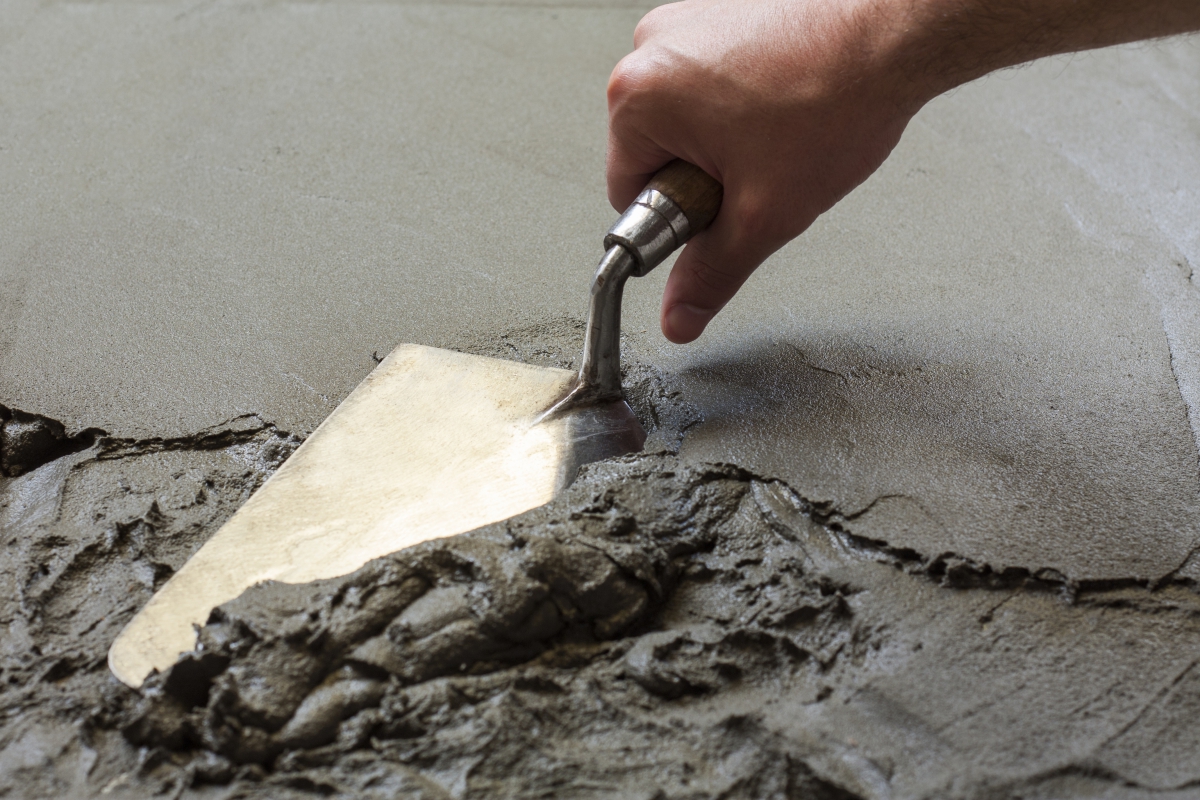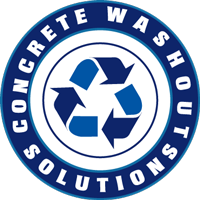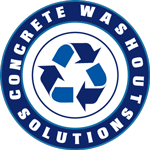
Did you know that concrete is one of the most commonly used construction materials in the world? If there’s construction happening, then you can pretty much guarantee that there’s some form of concrete involved. But, not all concrete is the same. There are many varieties of concrete that serve a range of projects and circumstances. In fact, not every type of concrete even requires concrete washout!
This is what we’ll be looking at today. We’ll give an overview of some of the most popular types of concrete, and then we’ll discuss why certain types of concrete require concrete washout while others don’t.
Before getting to that, just a reminder that Concrete Washout Solutions is here for all of your washout needs. Our innovative technology makes taking care of concrete washout easier, more efficient, more eco-friendly, and more affordable than ever before. On top of that, we’re here to share our passion and keep as many people informed on the world of concrete. Be sure to check back in for our emails and read our blog if you want to keep learning about our services. On that note, let’s take a look at some varieties of concrete.
TYPES OF CONCRETE: AN OVERVIEW
The earliest-known recipe for concrete comes from the Ancient Romans. Although this recipe is a millennium old, its basic recipe was strikingly similar to modern concrete. Fundamentally, this ancient concrete was made from aggregate and cement — exactly like modern concrete. However, there are some important differences.
First off, this ancient concrete used huge aggregate pieces that amounted to rubble. This meant that ancient concrete needed to be laid rather than poured. On top of that, the Romans used some pretty interesting ingredients in their concrete mix. Namely, they used large amounts of volcanic ash! This prevented cracks from spreading throughout the construction, as well as making the mixture more resistant to saltwater. This mixture was used frequently until the fading of the Roman Empire. It was an innovative recipe!
STANDARD MODERN CONCRETE
You won’t typically find volcanic ash and rubble in today’s concrete. What you will typically find is what’s known as Portland cement. Although “cement” and “concrete” are sometimes used interchangeably, they are very different. Cement is an ingredient in concrete. Specifically, it’s a powder that’s used to create concrete. Concrete, then, is the rock-like final product that you so frequently see in buildings, sidewalks, etc.
Differences between concrete and cement aside, what’s important to note is the most common type of modern concrete is made with Portland cement. Indeed, this type of concrete is the most-produced material on Earth. The demand for concrete is huge and only continues to grow. This, in turn, speaks to the importance of diligent and effective concrete washout. The impact on the environment can be huge without proper foresight and precautions. Just be sure to get the best washout services by contacting Concrete Washout Solutions!
HIGH-STRENGTH CONCRETE
Special jobs call for special forms of concrete. At times, it’s important to have concrete that can resist huge amounts of pressure. That’s when high-strength concrete is needed. With this type of concrete, you get greatly increased compressive strength.
This is accomplished by varying the ratios of ingredients, as well as adding silica fume and a superplasticizer. The former helps strengthen the bonds of the cement and the aggregate, while the latter prevents the mixture from drying out too quickly. A superplasticizer slows down the chemical reaction between the cement and water, allowing for workers to place the concrete at a more effective pace.
HIGH-PERFORMANCE AND ULTRA HIGH-PERFORMANCE CONCRETE
In the same way that you can vary the ratio of ingredients to get a stronger concrete, you can vary the ratios and add several other ingredients to increase the overall performance of your concrete. Compressive strength isn’t the only variable that matters in concrete. With these high-performance concrete recipes, you can get a product that increases:
- Ease of placement
- Long-term mechanical properties
- Toughness
- Longevity in various weather conditions
And with ultra high-performance concrete, you can get all of that with the added benefit of a concrete that maintains its strength and structural integrity even if it’s cracked.
STAMPED CONCRETE
Another very popular form of concrete is what’s called stamped concrete. Stamped concrete is extremely common on driveways, walkways, and patios. This because stamped concrete allows you to replicate the look of natural stone pavers, or even wood, brick, or tile — all at a fraction of the cost of the real thing.
With stamped concrete, you will typically use a much smoother, highly-filtered mixture to ensure malleability and imprintability. After you have the appropriate consistency, stamped concrete simply involves pouring slab concrete and then impressing both patterns and textures onto the concrete before it is fully dry. The ease, customizability, and affordability have made stamped concrete a popular option for home projects.
OTHER TYPES OF CONCRETE
The above are some of the most popular and common types of concrete — but there are still many varieties out there to choose from. These are worth looking into, as it’s important to choose the ideal concrete for your specific project, but some other types of concrete include:
- Self-consolidating concrete
- Shotcrete
- Limecrete
- Vacuum concrete
- Glass concrete
- Polymer concrete
And that’s not the end of the list. Needless to say, it’s important to research what type of concrete is right for you. You can learn more about concrete by following our emails, checking out our blog, or contacting us today! But, before you do that, one last thing…
WHEN DO I NEED CONCRETE WASHOUT?
With all of these concrete styles, you might be wondering when it’s appropriate (or legally required) to utilize concrete washout services. Well, in short concrete washouts are implemented on construction projects where slurries containing Portland cement
concrete or asphalt concrete are generated — as well as where concrete trucks and other concrete-coated equipment are washed on-site.
Are you unsure if a future project will require concrete washout? Just reach out to the professionals at Concrete Washout Solutions. We look forward to hearing from you!


